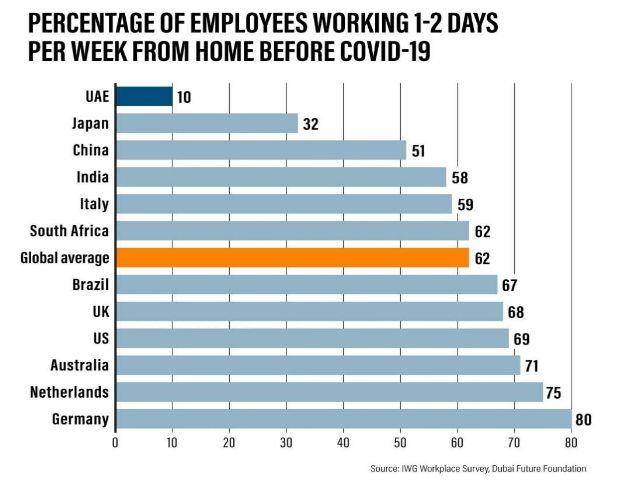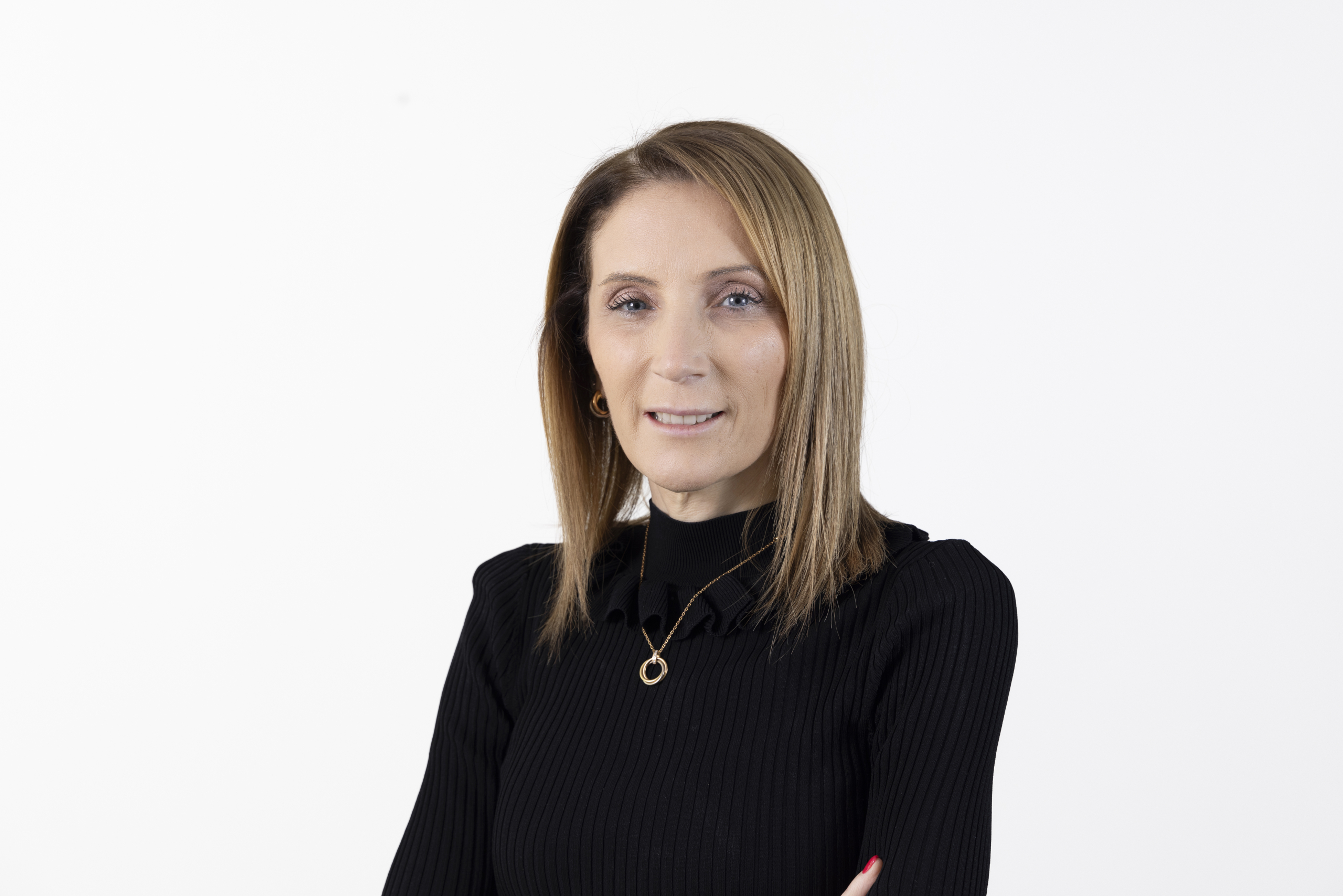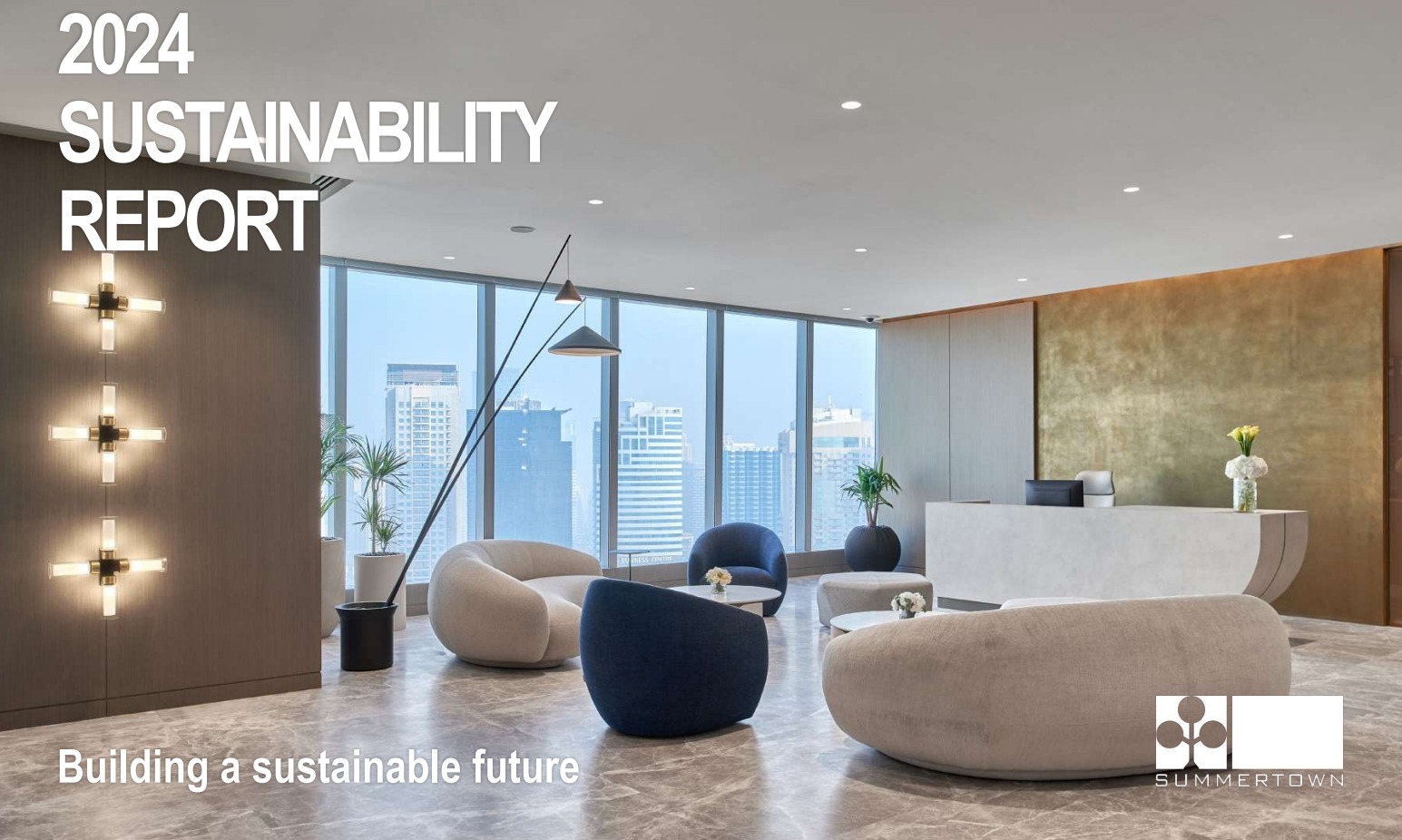Working from Home Tips and Post COVID-19 Workplaces – Is Your Workspace Ready for Return to Work?
Working from Home & Covid-19: What’s Changed?
Amidst the current crisis, we are likely to look back and see 2020 as an inflection point in human development. The fast emergence of the COVID-19 virus has suddenly changed our society norms and the global economy. What things will ultimately look like is anybody’s guess, depending on how long the pandemic lasts. A recent report says that the pandemic will probably be around for two years. The new normal we are all waiting for will only start to emerge when around 60% of the world population has immunity. And the longer it goes on, the deeper and more long-lasting the impact is.
The indiscriminate spread of the virus from human to human contact can so far only be controlled by social distancing. Lockdowns and shelter in place orders around the globe have forced both employees and employers to scramble to put in place WFH (working from home) arrangements. On 29th March, almost all public and private sector employees were told by the UAE government that they must work from home to help contain the spread of the novel COVID-19. The government issued new WFH guidelines for office workers. The lockdown forced both companies and employees to scramble to maintain business continuity and productivity. On 22nd April, the lockdown orders were eased but many companies still keep a significant portion of their employees working remotely. And we expect to see this scenario even after the lockdown is lifted completely.
Working from Home is New for Some
Work from home has been around for decades. Increasing in popularity as various connectivity and productivity tools, such as broadband, mobile broadband, virtual meeting platforms and improved IT security have developed. WFH has long been considered as a way to enhance employee well-being by providing more flexibility, as well as a way to cut down on transportation time and costs and to reduce a company’s carbon footprint – it has now become the only way many businesses have been able to keep running. The Dubai Future Foundation predicts that in the long-term, remote working will become “the new norm” throughout the UAE. According to a recent article in the National, before Covid19, the UAE had one of the lowest remote working participation rates globally. Only 10% of workers reported working from home 1-2 days per week compared to the global average of 62%. In the space of a few months, the majority of office employees in the Emirates have transitioned to WFH.
Working from Home Benefits & Challenges
Even before the COVID-19 outbreak, many companies were promoting WFH arrangements. Recent research from the Harvard Business School has shown that companies with remote working policies:
- Boost their productivity
- Reduce their turnover
- Lower their operational costs
Working remotely can have many benefits for employees, cutting down on long-commute times, affording more flexibility in the working day, and enhancing productivity. A 2017 Stanford University study showed that WFH increased employee productivity by 13%, while reducing sick days and improving job satisfaction.
But even in the best of circumstances, the picture is not all rosy. The ILO found that while employees are more productive, they also face particular challenges. They can experience more stress, typically work longer hours, have more difficulty creating a healthy work/life separation and may struggle with a sense of isolation. The COVID-19 virus situation has intensified all the negative aspects of WFH as employees struggle to manage their own anxiety, set up home offices if they don’t have them already, and cope with the increased demands of life on lockdown (children, online learning, shopping) along with work.
For employers, moving to a situation where the majority of workers are WFH, these issues must be considered:
- Availability of adequate employee equipment for home offices including laptops, chargers, printers, and headsets
- Employee access to broadband, hosted cloud applications, and/or company VPN
- Server capacity
- Internet security
- Communication tools – web and audio-conferencing accounts or chat programs
- Costs for increased internet and mobile phone access
Working from Home Top Tips
Here are some tips to maintain your mental and physical well-being while working from home.
- Workspace: Establish a work area or room
- Create a home office, a designated area where you go to work every day. This can be a separate room if you have the space available or a certain spot on the kitchen table.
- Ensure that you have appropriate ergonomic seating, with proper back support.
- Make sure that you situate your PC or laptop at the right eye-level to reduce eyestrain.
- Organise all the equipment you need to be ready at hand – printer, paper, pens, cables, etc.
- Your working area should be a quiet zone so try to keep children and pets out of it during working hours, if at all possible.
- Make sure your space is well-ventilated, that you have adequate lighting and a comfortable temperature.
- Make sure that you have the needed connectivity – broadband or mobile broadband, and that you have access to all the company resources you need to access remotely, such as cloud applications, email server and shared document folders.
- Routine: Establish a regular working routine
- One of the dangers of working from home is not being able to manage time so that there is a clear separation between work and private hours.
- Setting a work timetable in collaboration with managers and other team members is important.
- Having clearly agreed objectives and deadlines help to reduce stress and can increase productivity
- Start working at the same time every day. Take frequent regularly scheduled breaks and stop working at the end of the working day.
- Track your progress using tools such as daily or weekly checklists and project management tools.
- Take the weekend off to avoid burnout.
- Boundaries & Etiquette: Set expectations as a team
- Agree boundaries and etiquette with managers and team members about timing for calls, video conferencing and other communications.
- Agree WFH rules with the people you live with, even the kids! If they know when they can approach you it may cut down on interruptions.
- Organise your day around things you need to get down around the house and your work.
- Communicate
- A sense of isolation is one of the drawbacks of working from home. You can get a lot done when you need to concentrate on individual tasks, but team collaboration is critical to so much of what we do.
- Schedule regular communications via chat apps or groups (WhatsApp, Slack, Teams) and video conferencing tools (Zoom, Teams, etc.).
- Block out a certain time in the day to respond to emails.
- Connect with colleagues during the day – not just on work issues, but to socialise and to touch base.
- Share your concerns with your manager.
- Working remotely means it is often best to “over communicate” – to ensure that alignment.
66% of respondents in our global ‘working from home’ survey say that the biggest challenge of remote working is missing their colleagues!
Let us know what you think. Take the @UnitedWorkplace survey.
- Health & Well-being: Make your health and well-being a priority
- Prepare and eat meals away from your workstation.
- Get enough physical exercise, do yoga, stretches, if allowed take a walk outdoors and take care of household chores.
- Chill out: meditate, do yoga, listen to music.
- Get enough sleep.
Working in the Post COVID-19 World
The office after the coronavirus will be different from what was normal just a few months ago. An essential part of any return to work plan is assessing and adapting your current workspace. Fit out contractors like ourselves are already providing solutions to companies eager to get their employees back in the office. WFH will become more prevalent, but companies will also start to adjust working arrangements in offices.
We advise that businesses need to consider updating the follow workplace areas before returning to work in an office environment:
Floor Plan Reconfiguration
Where employees sit and work will need to be carefully planned to ensure social distancing. This includes:
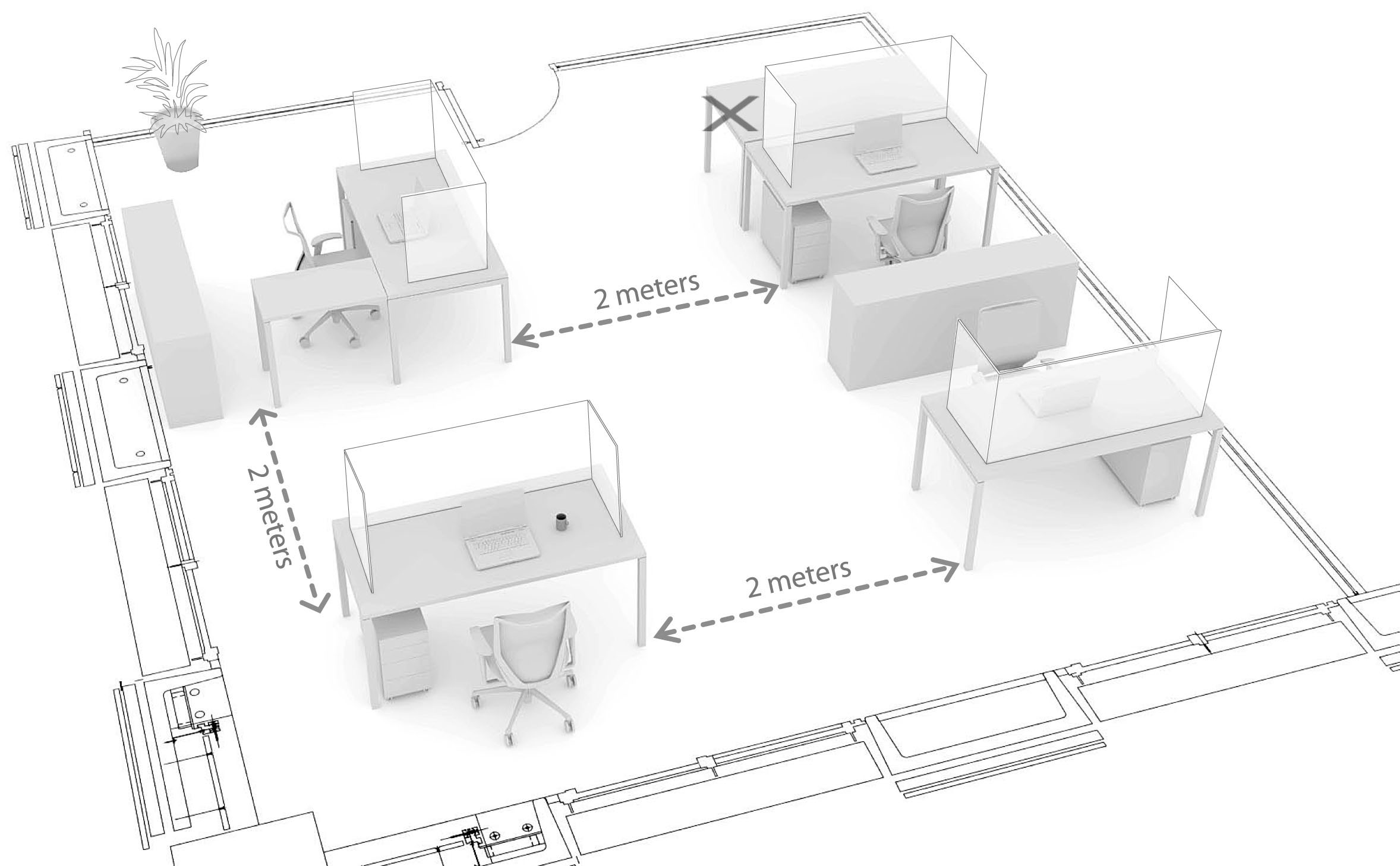 Re-configuring and moving workstations/desks and furniture to ensure social distancing (2 meters apart)
Re-configuring and moving workstations/desks and furniture to ensure social distancing (2 meters apart)- Adding desk partitions/screens
- Moving electrical connections to desk (floor boxes)
- Re-configuring meeting room and collaboration rooms (incorporate more touchless technology)
- Adding signage and social distancing markers
Refurbishments & New Fit-Outs
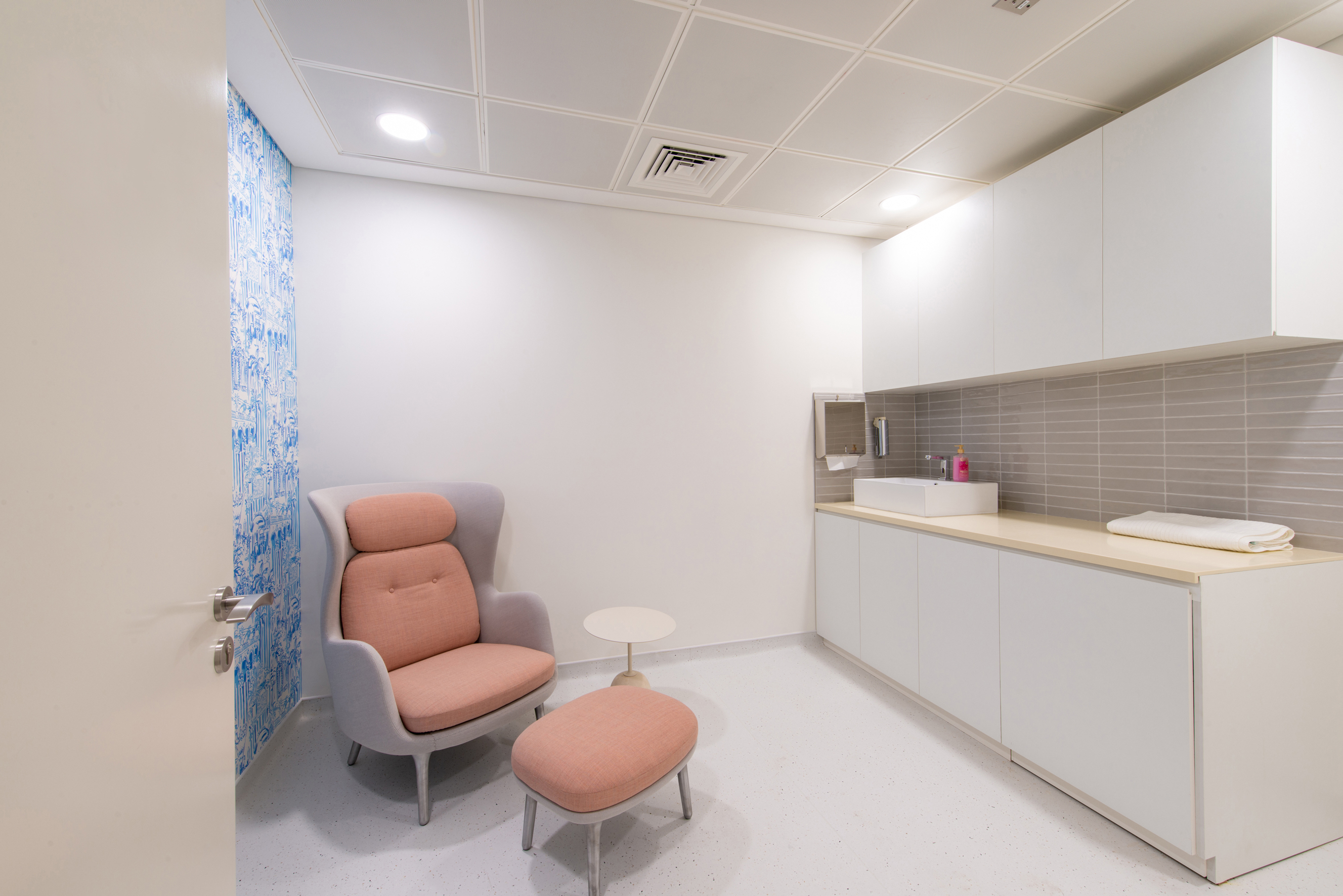 For many businesses, it may involve increasing or reducing employee numbers in their workspaces which would require:
For many businesses, it may involve increasing or reducing employee numbers in their workspaces which would require:
- A new office design and fit out
- Constructing specialised isolation or medical rooms
- Re-furbish existing facilities (bathroom, pantry and food areas, reception, & customer zones) in addition to re-configuring workstations and meeting rooms.
Installing Hygiene & Well-being Equipment & Fixtures
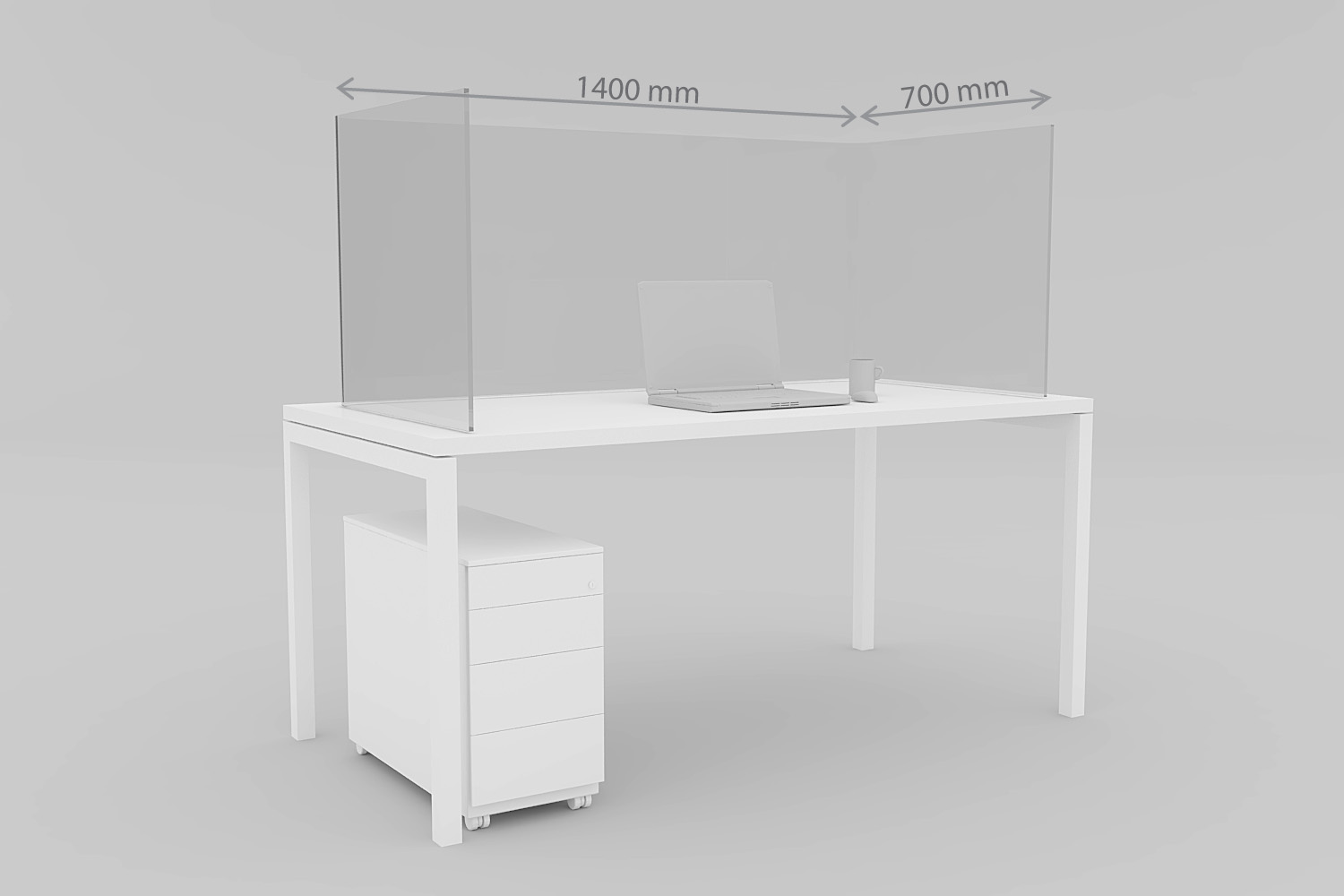 A good first step is to identify high risk areas and prepare an improvement list of existing service-related areas such as bathroom and pantry areas. Then you may need to:
A good first step is to identify high risk areas and prepare an improvement list of existing service-related areas such as bathroom and pantry areas. Then you may need to:
- Install plexiglass or panel barriers between employees/customers (ideal for reception & call centers)
- Install hygiene stations equipped with protective items: sanitiser, facemasks, PPE, thermometer/thermal camera & sanitising sprays
- Install touch-less sensor technology and fixtures
- Motion sensor bathroom taps, lights, sanitiser dispensers, thermal cameras & automatic doors which are often more environmentally friendly
- Voice activated elevators and office machines
- Add anti-microbial materials/surfaces
- Prepare and install high-visibility signage to promote healthy habits guidelines
Improvement of Air Quality
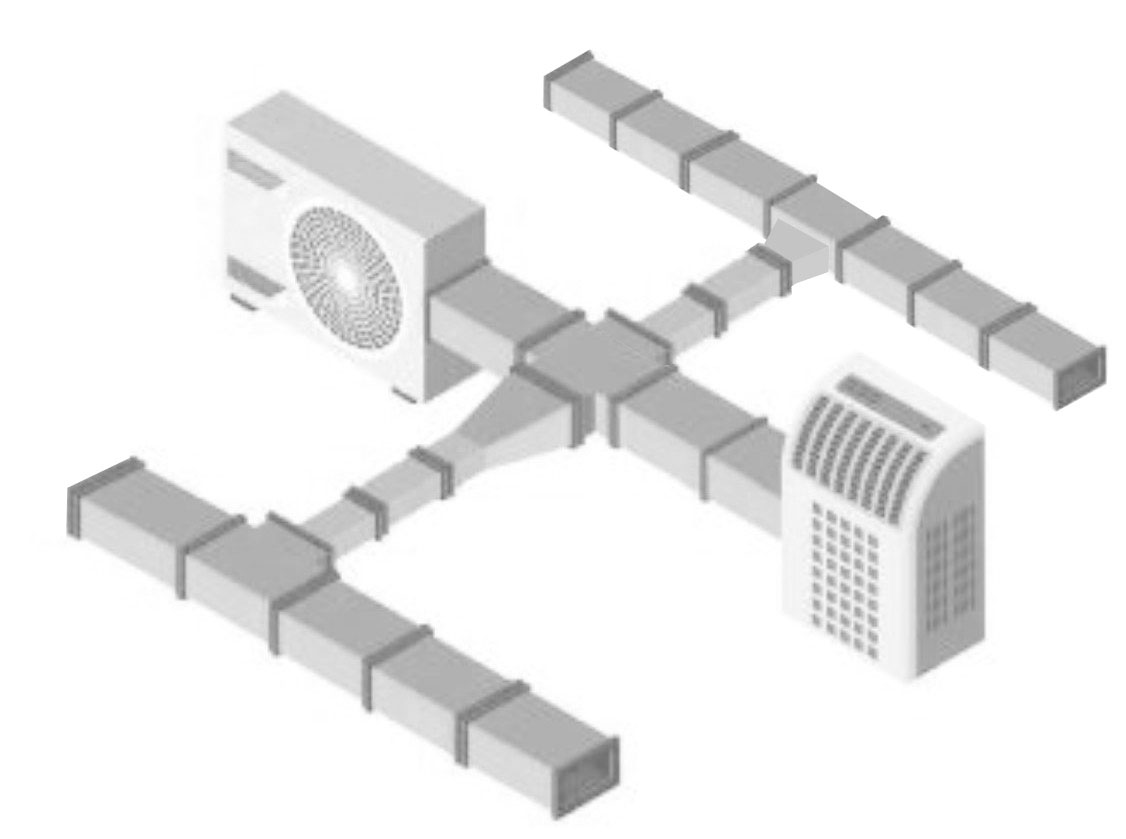 Global health authorities such as the CDC recommend increase air circulation and flow, and to improve air filtration and ventilation. This could include:
Global health authorities such as the CDC recommend increase air circulation and flow, and to improve air filtration and ventilation. This could include:
- Performing tests that measure air quality & ventilation effectiveness
- Conduct air quality maintenance & report on cleanliness and operation
- Provide a full review & inspection of the HVAC system
- Increased ventilation intensity
- Install Air filtration systems accompanied by understanding of air flows – Carbon Filtration, HEPA and Air Sanitation
Is your Workplace Ready for Return to work?
Social and economic changes are often slow moving and incremental, but we are living through an era where we are experiencing dramatic and rapid changes. As the UAE’s leading commercial contractor focusing on sustainable fit out, we are always anticipating what the office of the future will look like and monitoring upcoming fit out trends. We are keenly aware of the link between employee well-being and productivity; constantly refining our approach to providing office fit out solutions to improve health and wellness.
Our workspaces will need to change as a result of COVID-19, but it is also an opportunity for businesses to make their workplaces healthier and more sustainable.
The health and well-being of its building occupants and the impact of workplace interiors was a big and a growing topic before COVID-19. We believe COVID-19 will accelerate the demand for certified interiors such as LEED (Leadership in Energy and Environmental Design) and WELL because they are:
- Globally recognised standards
- Points based systems certified by an independent body
- Provide robust guidelines and criteria
- Deliver social, economic, and environmental benefits
- Certification demonstrates a company’s commitment to providing a healthier workplace
Creating a sustainable, healthier work environment is not new to us – we have been offering sustainable workplace solutions for more than 10 years. We were the first UAE based fit out contractor to occupy LEED Gold certified interiors and were subsequently awarded LEED Gold certification for its existing building; operations and maintenance (LEED EBOM).
We offer free LEED certified level certification to all new projects over 2,000sqm. In the last 5 years we have completed over 12 LEED certified projects.
Today we are currently pursuing WELL certification for our own office, so we can help business to find the right consultant to help.
We are committed to creating a better future for the planet, the country, and our clients. This is why we perceive that this crisis can be a period of opportunity. As companies begin to plan how to resume work, ensuring the health and safety of everyone in office environments is critical. Now is the time to make your workplace the healthiest place it can be – using the most sustainable materials and the most up-to-date technology. We are here to help you every step of the way – creating offices that are healthier, greener, and more sustainable.
Contact us to discuss how we can help you find the right solution for your business today.
